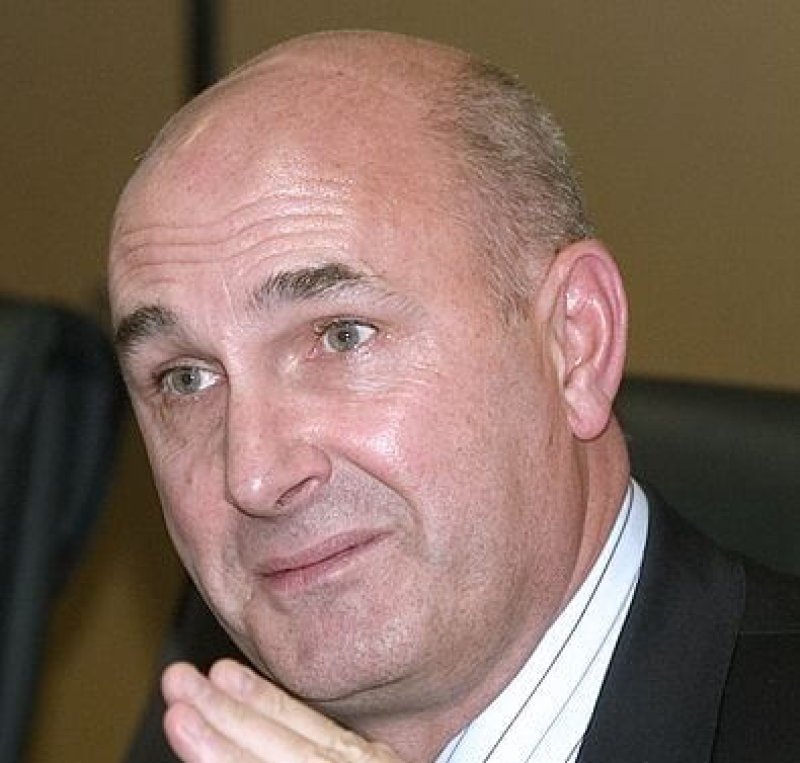Everyone’s favorite company to hate, agribusiness giant Monsanto, has gotten a surprising amount of positive press this week.
We here at the GLP are fans of nuance, as a rule, so it’s no surprise that the first story of note is our own Jon Entine’s analysis of the Supreme Court ruling in Bowman v. Monsanto. He argues that Bowman, the Indiana farmer who tried to circumvent Monsanto’s patents, was rightfully ruled against: It’s not a case of being pro-Monsanto, but rather an argument in favor of the importance of our patent system and laws.
Ross Pomeroy at RealClearScience went as far as to write a piece titled “Monsanto: More Saint than Sinner.” Lest you think he’s guilty of ignoring the company’s spotty record, he acknowledges the company’s (serious) misconduct while shining a light on some of the real and massive positive impacts it has had, such as the development of nutritionally-enhanced “golden rice” which may help prevent blindness. As Pomeroy notes:
Monsanto’s noble efforts have garnered the adoration of numerous, notable do-gooders, including philanthropist Bill Gates and agricultural scientist Norman Borlaug, the Nobel Peace Prize winner whose dwarf wheat revolutionized agriculture, saving an estimated one billion lives from starvation. Before he died in 2009, Borlaug extolled Monsanto’s use of genetic modification, believing science to be the best hope for feeding a growing world population.
Finally, Monsanto tried to defend itself in a piece at Bloomberg. In the article, Monsanto’s chief executive officer laments the unnecessary and “sad” binary that’s come to dominate the public discussion of agricultural biotech. “So you get conventional agriculture or broad scale or however you define it, and organic. I think we’re going to look back on this period and say, ‘How on earth did that ever become the fight that it became?’”
It will be interesting to see whether any of these stories — all reasonable, none industry PR fluff — make a dent in Monsanto’s reputation or the shockwaves of distrust it has sent through the entire public discussion of agricultural biotech.































